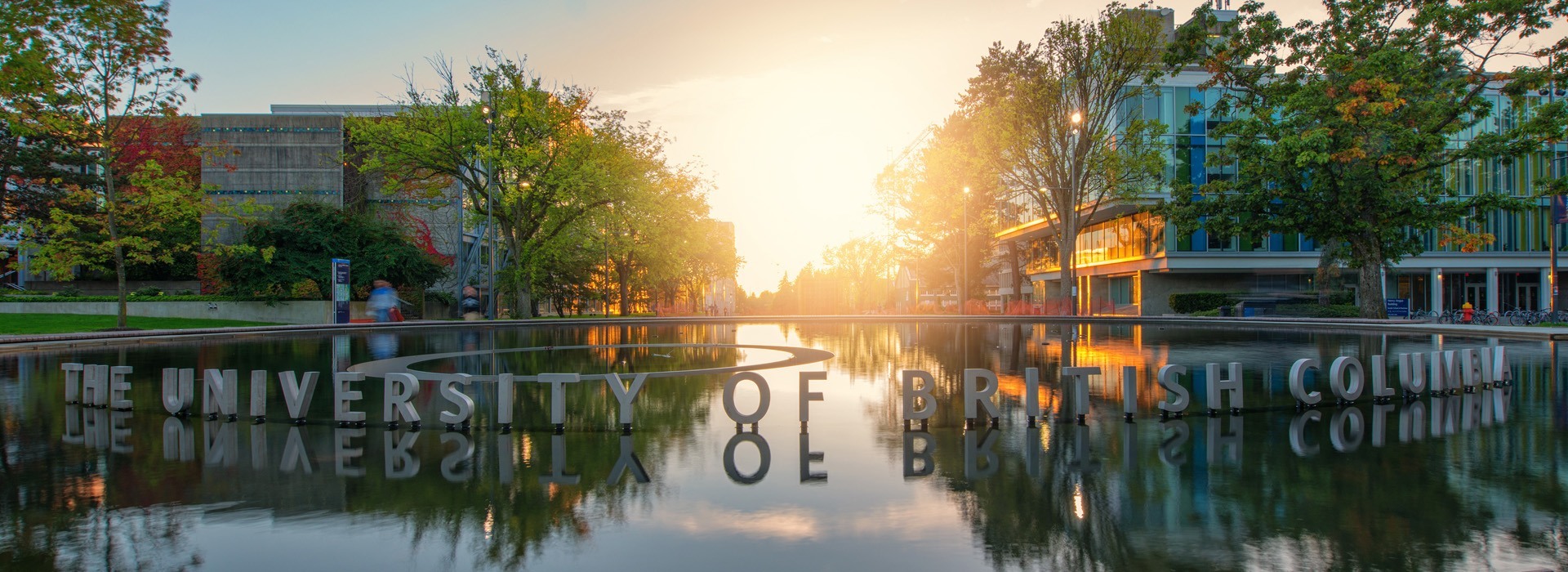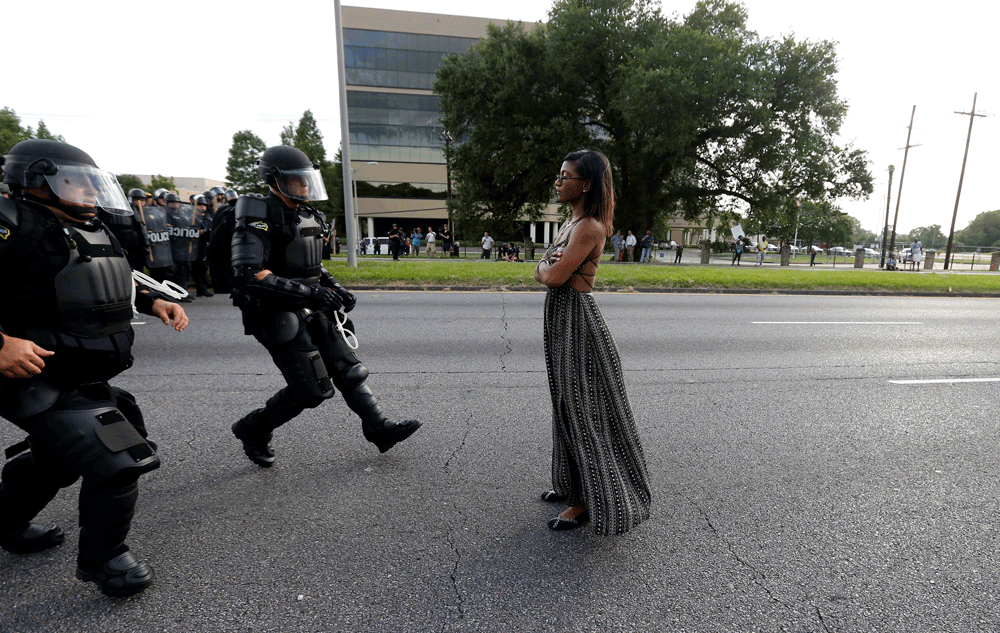
source: University of British Columbia
“Canada’s best employer to work for in 2017”or “Best places to work in Canada in 2017,” every year you may come across these corporate sponsored rankings, but have you actually thought of what kind of criteria these evaluations use? Today, I want to analyze these criteria and provide a metric for its overall effectiveness as well as limitations.
Interestingly, the University of British Columbia was actually ranked one of the best employers in British Columbia for 2017, coming in at 53 in all of Canada. The method that Forbes used to rank companies was based on an employee’s willingness to make a recommendation as well as their rankings on good or bad employers in sectors other than their own. In a ranking done by Glassdoor, the company took in criteria like company reviews, CEO approval ratings, salary, interview questions and benefits which were all verified with employees of the respective company. This data was collected from their own website where they collect testimonials and ratings on workplace environments.
I believe that the criteria used by Forbes was very limited and therefore skewed in the sense where there was clear under coverage bias. However, I believe that all rankings should include employee satisfaction or team member happiness, this criteria should be vital in determining whether one would want to work somewhere. Referring to Darren Chang’s blog post, he believes that motivation should be an effective indicator in the workplace as well as a strong tool for self-reflection. I agree to this point in the sense that if an employee were motivated to improve and advance the company’s mission they would be providing simultaneous growth to themselves and the workplace. Furthermore, I think that criteria like communication standards, workplace politics and a company’s decision-making process should be included in these rankings as metrics for freedom and creativity. Overall, my piece of advice is to always evaluate the criteria of these rankings before making a judgment, never take them for face value. (329)

